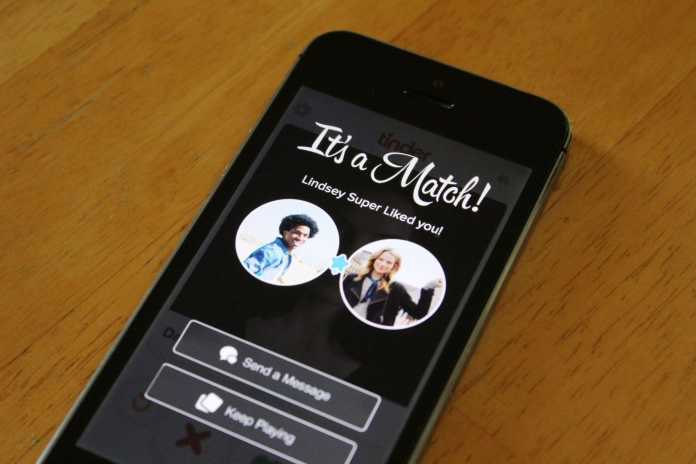When no means no

Composing myself, I sought to ensure my second impression was better than the first. “I’m Simon,” I said in my most gentlemanly voice. Silence. This wan was a real cow, too up herself to even reply. But then, a breakthrough. “I’m Mary, pleased to meet you, Simon.” Wow. What a lady. I was in love. Further exchanges revealed we were headed in the same direction. I had fifteen minutes to work my charm.
Ten minutes later I had run through my entire repertoire, bombarding her with hilarious anecdotes, side-splitting witticisms and some of my deepest, most intellectual thoughts on the meaning of life. In return I’d got giggles, enthusiastic nods and, what seemed, to me, a series of suggestive glances. I was in like Flynn. No doubt about it. So in I went. But my lunge, my lobbing of the gob, was not accepted. It was rejected. I was rejected.
The last leg of the journey was spent in awkward silence, me nursing a bruised ego, she texting mates about the freak she’d shared a taxi home with.
In the above encounter the amorous male, me, made his advance and was rebutted by the friendly, but far from smitten female; Mary. Having sought consent his request was flatly denied. Interaction complete, he conceded defeat, mumbled an apology and chalked it down to experience. The female, although slightly flattered, is mostly just grateful that her assailant had the grace to back off before she got the pepper spray out.

From there you entered into a flimsy, non-contractual, arrangement, one based around mutual attraction and the belief that your new beau wasn’t a deranged killer. For the most part, this arrangement worked quite well. Yes, there were still men who couldn’t take no for an answer, men who thought that because a woman was dressed in a certain way it meant they could take liberties, and men who took advantage of poorly constructed legislature by abusing vulnerable women in the knowledge they would never be prosecuted.
But those men were in the minority. Everyone else, from one generation to the next, practised these normalised rituals, the methods and techniques rarely changing, the meaning of consent being understood by all those involved. Then things changed. The Internet was born, and with it came a new virtual space. The rules and regulations of normal society didn’t apply in this environment, you were free to be whoever you wanted to be, to act however you wanted, to be outrageous, daring, risqué.
That would have been fine, had those online personas stayed online, had our virtual and real worlds remained separate. But where’s the fun in that? And therein lies the root cause of a problem which is only beginning to make itself known; with so many of our interactions, not to mention relationships, beginning online, in a virtual space, the lines between friendly fun and sinister intentions have become increasingly blurred. Expectations have changed, a match on Tinder has become the modern-day equivalent of agreeing to the shift, a few throwaway messages are now misinterpreted as an invitation for something much more.

In this instance, the accused was found not guilty. The defence argued that because the couple had met on Tinder and because the woman had sent the man sexually explicit messages, it could be construed that she had met him with the intention of having sex. To solidify its case, it pointed to the fact she used the app on the day following the alleged assault, contacting six other men within a 36-hour period. This extraneous information proved decisive, planting enough reasonable doubt within the members of the jury to acquit the accused.
So, in short, the defence called into question the woman’s moral compass by pointing to her activities on a popular dating site, thus arguing that any woman who meets up with someone via Tinder is automatically predisposed towards some form of sexual activity, or to be blunt is ‘up for it’. And the jury bought it. This case has hit the headlines because it’s the first of its kind in this country, but it is just the first of a slew of similar incidents due before the courts in the coming months, instances where men and women, having met online, arrive for their date with grossly divergent expectations.
But the problem here isn’t the dating apps, nor is it the random, scattergun approach to dating they create. It’s our attitude to women, both societally and judicially. First, regardless of whether Tinder is a hook-up site or not, it doesn’t mean that men can force themselves upon women simply because they’d come over all frisky during a few text exchanges. This comes backs to the overt sexualisation of modern society, where teenage pop icons gyrate and twerk, thrust their hips for the titillation of the watching audience, and where young men, boys, are led to believe that all women are sexually available, always.
More worrying are the tactics used by the defence counsel to get their man acquitted. Although it didn’t come out and say it, the inference was there for all to see. By pointing to the woman’s online activities, it told the jury that this woman was a slut, that she led the man on. That by sexting with him, by meeting him via Tinder, she unconsciously informed him that they would be having sex. And, just in case the they were in any doubt, the jury were then reminded that she hopped straight back on Tinder the following day, presumably with the intention of ensnaring more hapless men in her web of deceit.
A spanner in the works

That’s what a 37-year-old bachelor did last week. Clearly bored, he took it upon himself to squeeze his member inside a wrench during a quiet night at home. Popping it in the little hole used to unscrew bolts, he quickly discovered, to his horror, that he couldn’t get it back out. One can only imagine the panic, the hysterics, as our friend tugged and pulled at his unmentionables, his embarrassment slowly replaced by fear.
In a scene remarkably similar to Ben Stiller’s zip malfunction in There’s Something About Mary, attending physicians called upon the emergency services in an attempt to save the man’s blushes – not to mention his willy. The Fire Brigade arrived, but their angle grinder was deemed too unwieldy for the job. Then, having ruled out a risky surgical procedure, a pair of dentists were emerged to save the day.
Their dental drill finally ended our hero’s torture, a delicate 30-minute operation releasing him from his prison after 17 arduous hours of incarceration. Thankfully there were no lasting injuries to his manhood. His pride however, may never recover.










